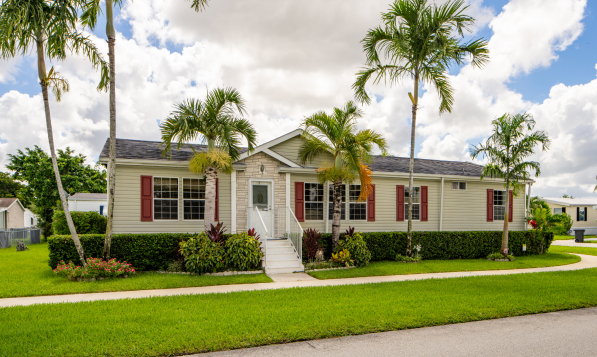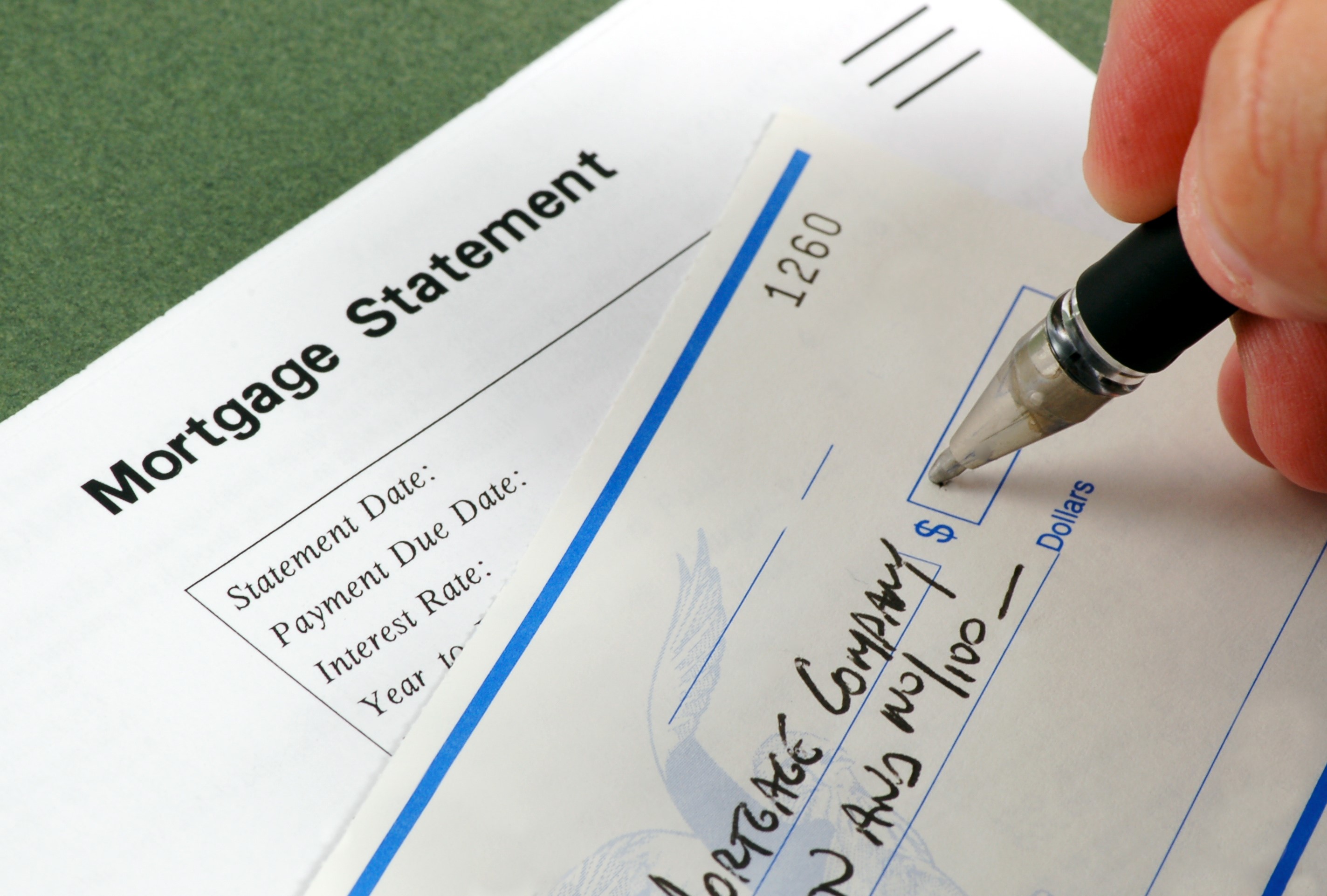Manufactured vs. Modular Homes
When it comes to residential construction, there is a wide range of housing options to suit different needs and preferences. Among these...

Depending on the type of loan, a pay adjustment may have been part of the original agreement.
An adjustable-rate mortgage (ARM) loan can be a great option. The introductory rate on an ARM loan can be lower than what is offered on fixed-rate loans and is reliable for, most commonly, 3, 5, or 7 years. After the initial rate period is up, however, the loan enters its first adjustment period where the rate may go up, down, or stay the same. For the rest of the loan, the rate adjusts on a regular cadence. On most ARM loans, this happens every year.
The rate adjusts based on the index (benchmark interest rate) and the margin (the number of percentage points added by the mortgage lender). There is always a chance that the rate goes down, but there is a greater chance that it goes up. ARM loans can also come with a few payment options that may be part of your loan.
If you have an ARM loan that has entered adjustment, refinancing to a fixed rate could be a great option. CapCenter may be able to help you fix your payment and avoid unnecessary closing costs!
Minimum payment option loans – shortened simply to “payment option loans” – are attractive for their low required payments. You are allowed to pay exactly or above the minimum payment. They do, however, carry a significantly increased risk of payment shock. Especially for those making only the minimum payment.
Most payment option loans include a negative amortization limit. This is the limit for how much equity you can lose in the home before the servicer recasts the loan. A recast is a change in the loan terms. In the case of a negative amortization limit, the recast was likely not scheduled or requested by you and therefore may blindside you.
This option allows you to pay only interest – as the name implies – for some or all of the loan terms. Assuming all payments are made in full and on time, your principal balance will remain the same while you pay interest. Once the interest-only period expires, however, you will have to start making principal payments, which will increase your monthly payment. These terms should be outlined in your original agreement, but it still tends to sneak up on you. If this is the case, you should notice a newly populated ‘principal’ line on your payment breakdown.
If you are in a fixed-interest loan with a set amortization schedule and reliable monthly payments, and your payment still went up, it could mean that your servicer initiated an escrow adjustment. Your escrow account is a reserve to ensure sufficient funds to pay for property-related charges, particularly taxes, and insurance. It’s possible that there was a miscalculation when first collecting for escrow that the servicer is now trying to correct. More often, however, the amount needed to cover taxes and insurance changed.
Local laws vary, but reassessment tends to occur every one to five years – based on quantitative data reviewed by an official assessor. Taxes can go up when a home or area appreciates in value. When this happens, your servicer must recalculate exactly what is needed to cover the new amount.
Homeowner’s insurance premiums can go up for a few reasons. The amount you pay in premium is based largely on your home’s age, its location, and insurance score. If your home is due for upgrades, you could see a small increase in premium. Also, if the area around your home is appreciating in value, you may see your premium go up.
If you have been making a lot of insurance claims recently, you may be negatively affecting your insurance score. An insurance score is like a credit score, except it is exclusively concerned with risk. If your score is going down, you may simultaneously be watching your premium going up.
Ultimately, homeowner’s insurance has to do with the replacement value and cost of the home. So, unfortunately, the cost of building materials can affect how much you pay for homeowner’s insurance. This is completely out of your control, but if a break suddenly costs more to fix, you could see that reflected in your premium.
If you notice a significant jump in premiums, you should consider shopping around. CapCenter Insurance can help find you the best policy for your home and other assets.
Your mortgage servicer may have started charging new fees, sometimes due to a new payment processing method or service. Your servicer should be able to explain if and why there are new fees and may also be able to instruct you how to get around them – possibly by switching your payment method.
Loan servicers often service thousands of loans at one time. The increased payment could be a simple mistake on the part of your servicer. Mistakes like these are easy to make and, luckily, are just as easy to fix. A quick phone call with your servicer should get you back to your regular payment.
Moving through this list, the common theme is that it’s never a bad idea to contact your mortgage servicer if you’re unsure why your payment changed. You should never just pay the new amount without understanding why you’re paying it. We hope this helps!

When it comes to residential construction, there is a wide range of housing options to suit different needs and preferences. Among these...

As a first-time home buyer, there can be so many new concepts, options, and terms flying around, it can sometimes feel a bit overwhelming. And...

As a first-time home buyer, there can be so many new concepts, options, and terms flying around, it can sometimes feel a bit overwhelming. And...

3 min read
When shopping mortgage quotes, principal and interest are likely where you’ll find the biggest difference(s). But your mortgage payment consists...

7 min read
Your living space is important. And if you're like most of us, it can be in a constant state of update. There's always something that can be fixed...

5 min read
Homeownership is a great way to build wealth and work toward financial security. The housing market itself is a large driver of the overall...